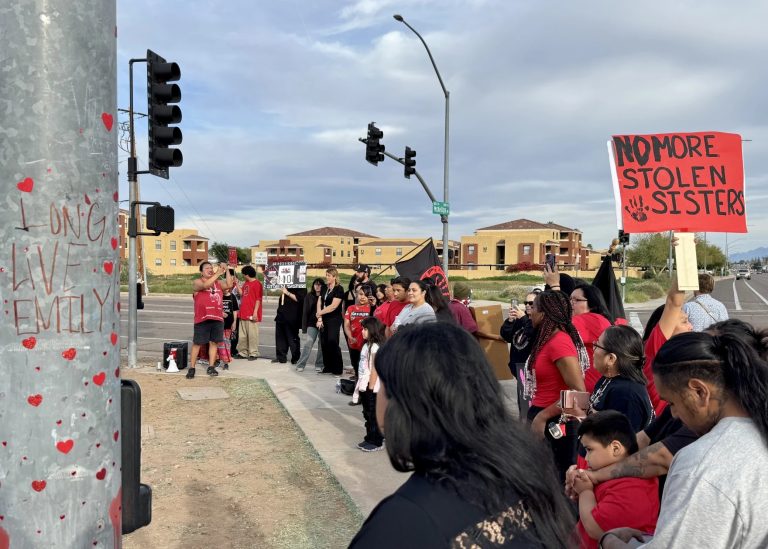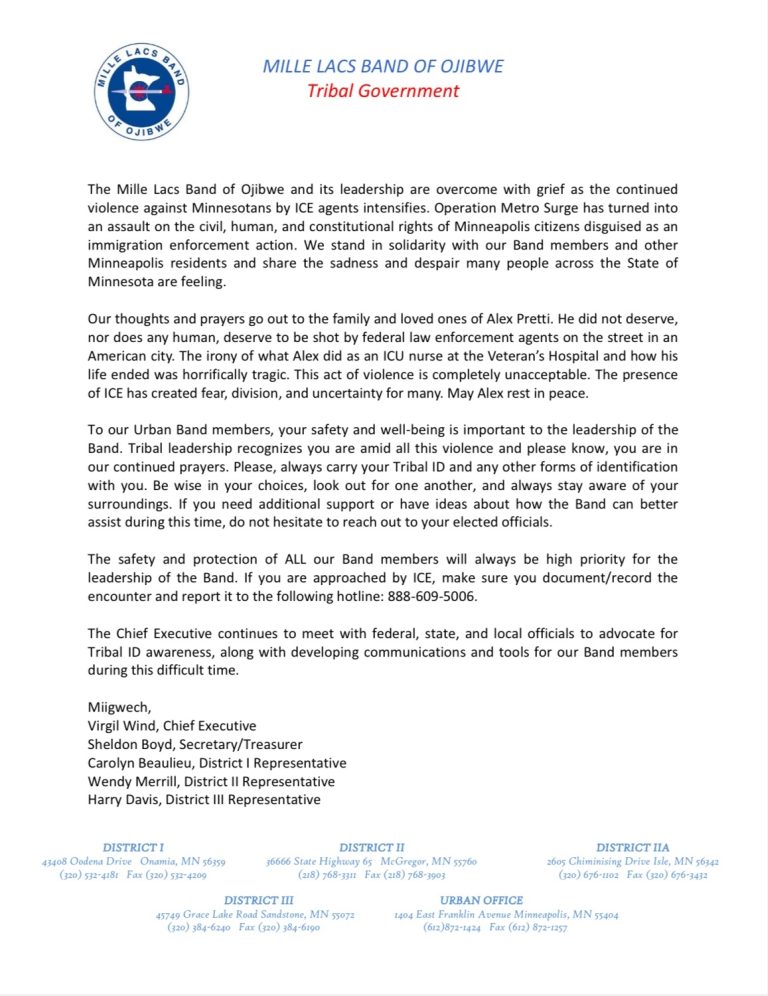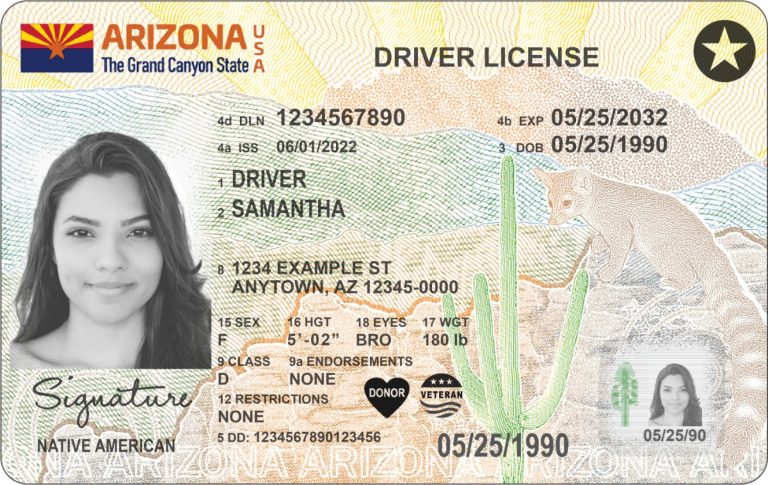Podcast: Play in new window | Download | Embed
Photo: A ballot booth at the polling station in Wyoming Indian High School’s Tech Center in Ethete, Wyo. (Lindsay D’Addato / Flickr)
A group of Democratic lawmakers are warning an election bill would make it more difficult for Native Americans to vote in national elections.
Christina Aanestad reports.
Democratic Senators from California, Hawaii, and Oregon are warning the Safeguard American Voter Eligibility (SAVE) Act would disenfranchise Native American voting rights.
A letter sent to Secretary of the Interior says the requirement that voters use ID to register that shows the place of birth would be hard to meet, since the majority of Tribal IDs lack that data.
The letter signed by more than a dozen senators representing 10 states also says the SAVE ACT would force Tribal voters who live in rural and remote locations to travel significant distances to prove their citizenship just so they can register to vote.
Native communities often rely on mail-in voting because of a lack of infrastructure and transportation.
The letter says the president’s executive order penalizes states that accept absentee or mail-in ballots received after Election Day, harming Native voters in states like Alaska, North Dakota, Oregon, and California that process ballots as long as they are postmarked by Election Day.
In Alaska, which has 229 federally recognized Tribes, vote-by-mail polling sites can be hundreds of miles away for villages that are not on the road system, making vote by mail essential the lawmakers write.
Among the signatories are U.S. Sens. Alex Padilla (D-CA) and Tina Smith (D-MN) as well as Democratic senators from Nevada and Hawaii.

Pope Leo XIV during an audience with the media May 12, 2025. (Photo: Edgar Beltrán, The Pillar / Wikimedia)
Canada’s Indigenous community is, for the most part, welcoming the new pope.
But as Dan Karpenchuk reports, many are hoping that the new pontiff, Leo XIV, will continue his predecessor’s legacy when it comes to reconciliation.
Pope Francis was praised for his historical apology to Canada’s Indigenous people for the role of the Catholic Church in the notorious residential school system.
For over a hundred years, from the mid-1800’s, the government funded schools, run by churches, were aimed at assimilating Native children into white culture.
Thousands were physically and sexually abused, many died.
Survivors of the schools say the apology from Pope Frances was long overdue. But some, like Geraldine Shingoose, say it wasn’t enough and there needs to be more dialogue with the new pope.
“Not with Indigenous leadership, or the federal government of Canada. But with residential school survivors. That needs to happen.”
Meanwhile the national chief of the Assembly of First Nations, Cindy Woodhouse Nepinak, says there is still a lot of work to do.
“I hope that we can work on reconciliation together, continue on the hard work that the late pope had left for us to finish. And there’s lots of work to do.”
Among the issues still remain are the repatriation of Indigenous artifacts from the Vatican collection, and she wants more education around the church’s role in the residential school system, and to make the world a better place.

Natasha Singh. (Courtesy AFN / Facebook)
The Alaska Federation of Natives will hold its annual October convention in Anchorage.
Rhonda McBride from our flagship station KNBA has more.
The theme this year is “Standing Strong, Standing United”.
The keynote speaker is Natasha Singh, President and CEO of the Alaska Native Tribal Health Consortium.
AFN President Ben Mallott says Singh was chosen because of her commitment to unity and her extensive experience in bringing tribes together to work for common causes.
Just recently, after a two-year hiatus, two major tribal organizations – Tanana Chiefs and Tlingit and Haida – announced that they were rejoining the AFN, the largest statewide Native organization in Alaska.
Get National Native News delivered to your inbox daily. Sign up for our daily newsletter today.



